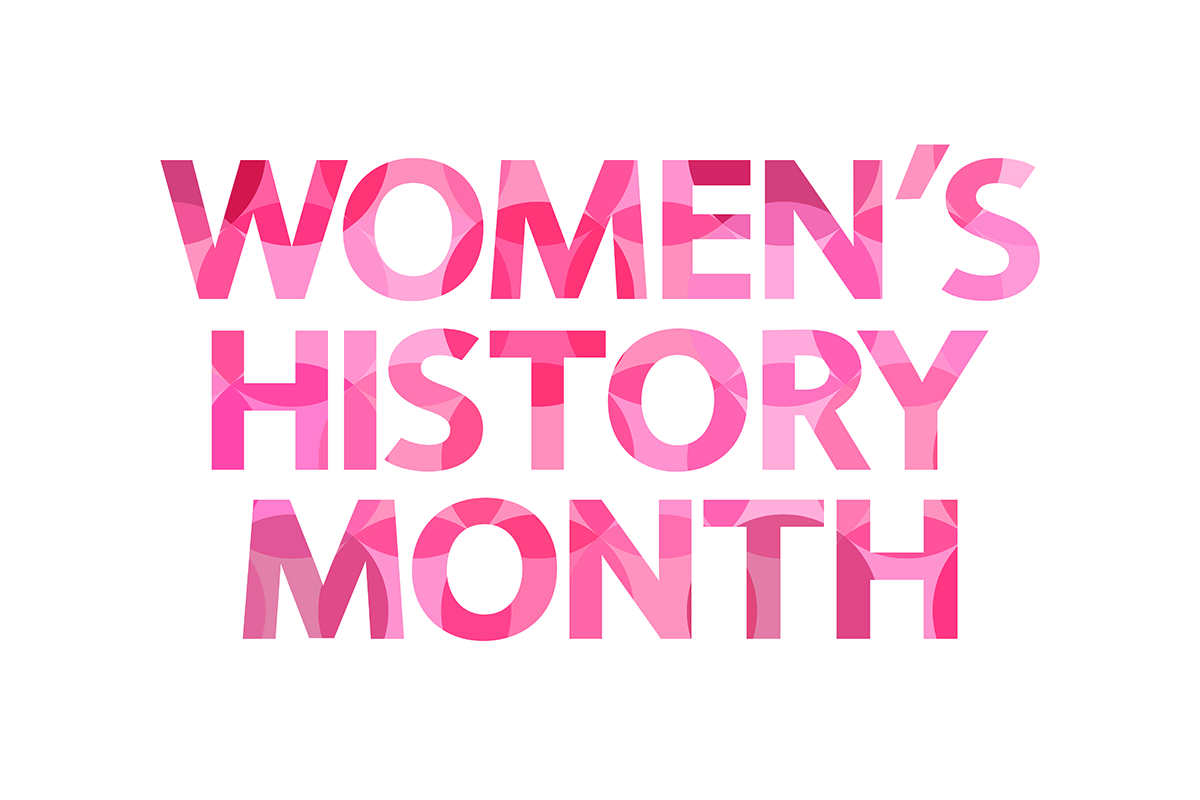Though they too often go untold, women have written some of the most compelling stories in American medical history over the last century and a half. During Women’s History Month, we’re shining a light on more of them so that medical history and women’s history go hand in hand, as they should.
Dr. Elizabeth Blackwell
The first woman to earn a U.S. medical degree. She was turned down by 10 medical schools before eventually being accepted to and graduating from Geneva Medical College in New York. Dr. Blackwell went on to found the New York Infirmary for Indigent Women and Children in 1857 and 10 years later founded the Woman’s Medical College of the New York Infirmary.
Dr. Mary Edwards Walker
The first female surgeon in the U.S. Army. Though she was denied a commission as a medical officer because of her gender, Dr. Walker volunteered to work on the Civil War battlefields caring for the wounded. She was eventually appointed assistant surgeon of the 52nd Ohio Infantry. After being taken prisoner in 1864, she became the first woman to receive the Congressional Medal of Honor.
Dr. Rebecca Lee Crumpler
The first Black woman in the United States to earn a medical degree. Dr. Crumpler cared for freed slaves who did not have access to medical care during the post-Civil War period. She was one of the first Black women to graduate from the New England Female Medical College before it merged with Boston University School of Medicine in 1873. Dr. Crumpler was also one of the first Black Americans to publish a medical book titled, Book of Medical Discourses.
Clara Barton
At age 59, Barton founded the American Red Cross. Because of her work tending to soldiers during the Civil War, Barton was once acclaimed as the “angel of the battlefield.” Barton would go on to lead the Red Cross for 23 years, establishing a new era of relief work and volunteerism, including medical care for disaster victims.
Dr. Margaret “Mom” Chung
The first Chinese American woman to become a physician. During the 1920s, Dr. Chung founded one of the first western medical clinics in San Francisco’s Chinatown. During World War II, she had a widespread network of “adopted sons,” consisting of American soldiers, sailors, and airmen who called her “Mom.” Dr. Chung used her influence to support the Allied war effort.
Gerty Theresa Cori, PhD
The first woman to win the Nobel Prize for Physiology or Medicine. Cori achieved this award by discovering how sugar-derived glycogen is used by the body as an energy source. This research led to treatments for diabetes and other diseases.
Dr. Virginia Alexander
A pioneering Black doctor and public health expert. She treated Black patients and studied racism in the healthcare system. Through her work, Dr. Alexander showed how segregation and racism harmed Black Americans' health. Her 1935 study on race and public health in North Philadelphia uncovered shocking disparities in health outcomes between Black and white residents stemming from unequal social conditions.
Joyce Nichols, PA-C
After graduating from Duke University, Nichols became the first woman to be formally educated and certified as a physician assistant (PA). Nichols had to overcome poverty, racism, and many other obstacles on the path to becoming the first Black woman to practice as a PA. Nichols also established one of the first rural, satellite health clinics in North Carolina and the nation. It was here where she cared for the underserved.
Dr. Patricia Bath
Inventor of the Laserphaco Probe. This device used lasers to treat cataracts with more precision and less pain than previous methods. Dr. Bath was the first Black female physician to patent a medical device and the first female chair of an ophthalmology residency program. As an advocate for blindness prevention and treatment, Dr. Bath co-founded the American Institute for the Prevention of Blindness and is credited with founding the discipline of community ophthalmology, which promotes eye health in underserved communities.
Dr. Antonia Novello
Became the first woman—and the first Hispanic—to serve as U.S. Surgeon General. Dr. Novello became a leader in AIDS research during her career in U.S. Public Health. As Surgeon General, she focused on women with AIDS and neonatal transmission of HIV. She also encouraged Hispanic/Latino Americans to be more involved in health issues and raised national awareness about domestic violence, underage drinking, and alcohol abuse.
Of course, these are just a few of the pioneering women in medicine. Our own history was written by the women of the Congregation of the Sisters of the Holy Cross, who turned a humble red brick building in Franklinton – with the support of thousands of female physicians, nurses, and staff who followed – into what is now Mount Carmel Health System. We’re proud to have them all as a part of our history and to tell their stories and during Women’s History Month.

